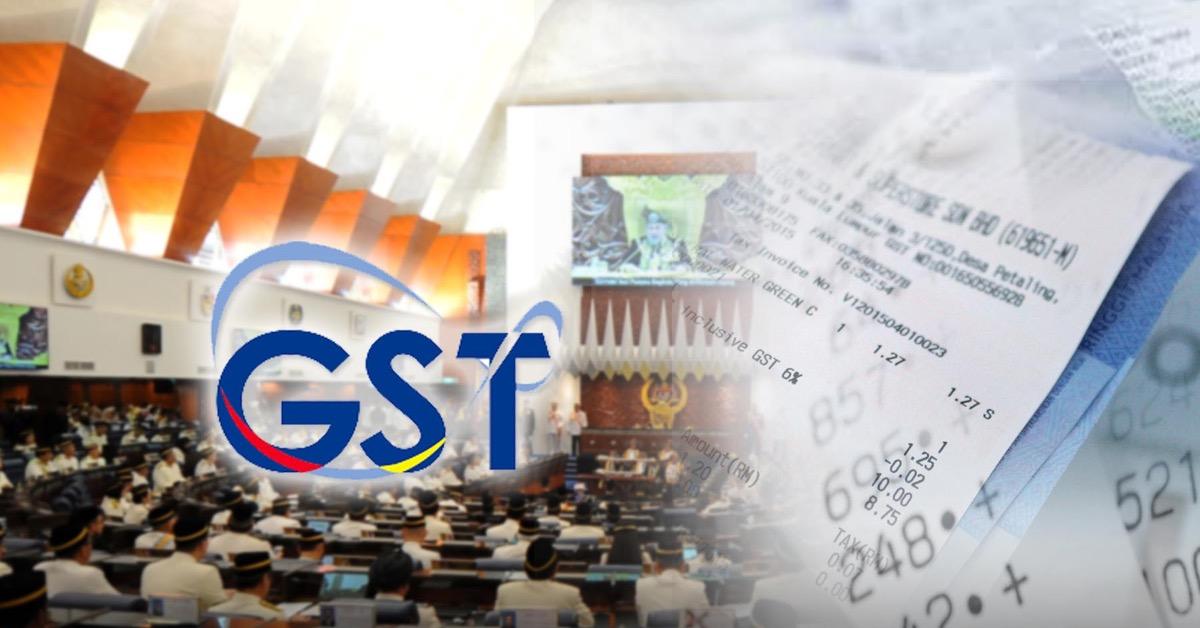This tax is likely to be adopted in 139 countries and perhaps more in the future to counteract the aggressive tax planning adopted by MNE where it is perceived that the total taxes they pay around the world is not commensurate compared to their growth in profits. In many instances, the total global taxes they pay is less than 15%.
The impact on Malaysia
The introduction of this tax will require Malaysia to rethink its tax incentive regime where Malaysia allows companies to enjoy 0% tax or rates below 15%. If this continues under the minimum global taxation regime, the country in which the ultimate parent company of the MNE resides will be entitled to collect a tax that Malaysia has forgone. By default, Malaysia will hand over collection right to 15% of the tax to the home country under the top-up tax mechanism.
To avoid the tax leakage to the foreign country, Malaysia is planning to introduce a qualified domestic minimum top-up tax such that Malaysia collects the minimum 15% tax rather than handing over the tax to the foreign country. As to whether it will be acceptable by the other countries is yet to be discovered and this is still a matter that is still under discussion.
Will it also affect Malaysian companies?
Yes, but it will only be confined to the large Malaysian conglomerates whose annual global turnover will exceed approximately RM3.4 billion in the two out of the previous four financial years immediately preceding the current financial year. This will perhaps apply to less than 100 Malaysian companies.
Will it impact individuals?
Yes and no. It will not directly impact individuals. However, indirectly the MNE and Malaysian conglomerates could try and pass on the additional tax costs to the consumers via price increases.
Application difficulties
The mechanism to calculate global income, global taxation, effective tax rates, entities to be included, adjustments to be made, treatment of hybrid entities, transparent entities such as partnerships and permanent establishments are complex and there are many ambiguities in the rules which may lead to potential disputes between the MNE and the tax jurisdictions around the world. The different tax jurisdictions may also have difficulties in aligning the application of the rules across borders.
Where are we at the moment?
A public consultation paper has been issued on the implementation of the global rules in Malaysia on Aug 1, 2022. It appears that Malaysia will implement these rules in the forthcoming Budget 2023.
Implementing the rules in 2023 through Budget 2023 appears rather ambitious when there are many concepts in the mechanism which will be new to the Malaysian large taxpayers and to the tax authorities. This requires significant discussions between the stakeholders in Malaysia, and the Malaysian authorities such as the Inland Revenue Board and Ministry of Finance may also need to consult the Organisation for Economic Cooperation and Development for guidance on many aspects of these rules.
Another significant departure from the norm in Malaysia is the use of accounting information based on the international accounting standards as a basis of taxation in imputing the global minimum tax.
Final thoughts
Significant work in dealing with numerous concepts contained in calculating and applying the global minimum tax must be done between now and January 2023. Finally, another important issue that needs to be considered is the interaction between the domestic taxation regime and the introduction of the global minimum tax. Will the global minimum tax rules override domestic legislation, or will they run parallel to one another?
Read original article here.











